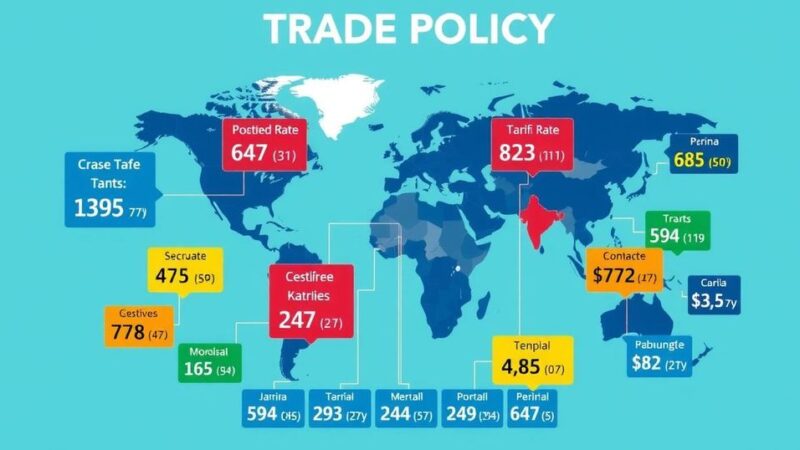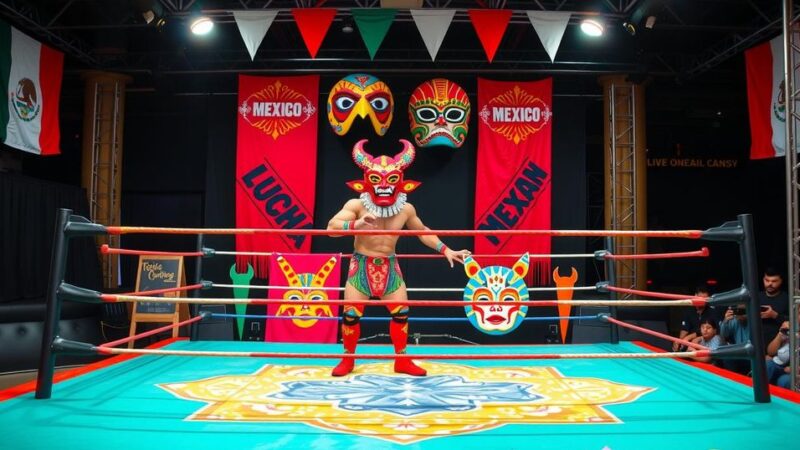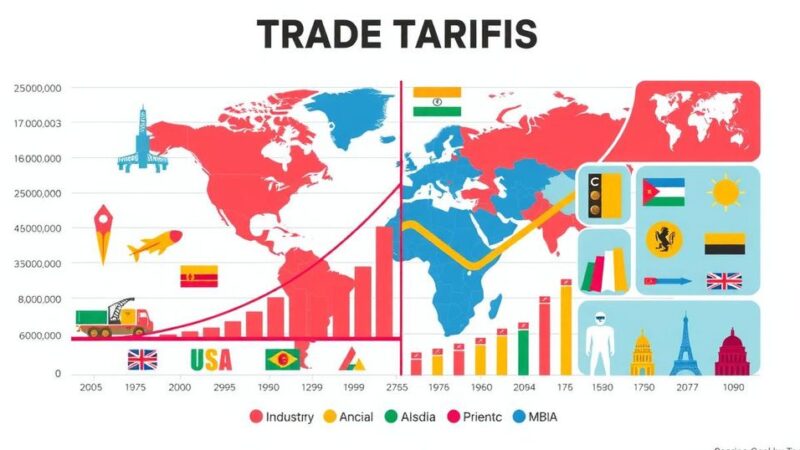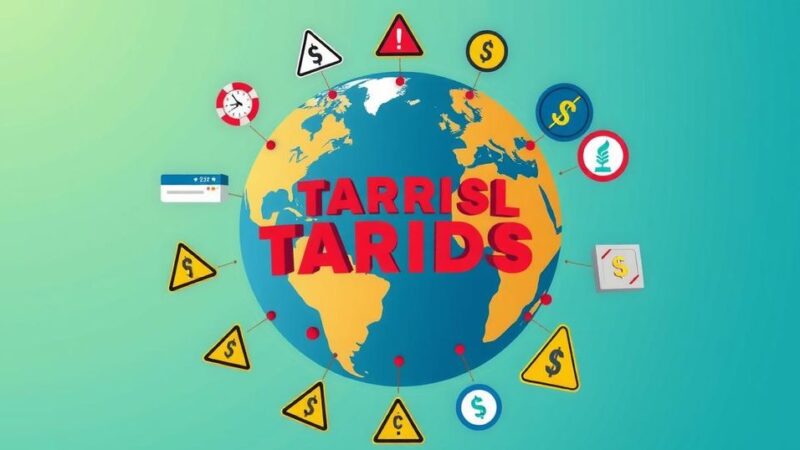El Salvador has received 238 alleged members of Venezuela’s Tren de Aragua gang and 23 MS-13 members from the U.S. for $6 million under a controversial cross-border incarceration deal. Although beneficial for funding El Salvador’s prison system, concerns regarding human rights violations and the legality of the deportations have arisen, prompting wider discussions on international detention practices.
El Salvador has secured the transfer of 238 alleged members of Venezuela’s Tren de Aragua gang, along with 23 MS-13 members from the United States. This unprecedented arrangement represents a novel model for cross-border incarceration services, with both governments confirming the transfer to El Salvador’s maximum-security Terrorism Confinement Centre (CECOT).
The United States will provide $6 million to El Salvador to house approximately 300 prisoners for one year, which could be extended. This financial injection is particularly significant for El Salvador, which faces a public debt of $31 billion, making this revenue stream critical for President Nayib Bukele, who envisions a self-sustaining prison system. Each prisoner will cost around $20,000 annually.
Reportedly, an additional $15 million from the U.S. State Department may be allocated for detaining more gang members, broadening the project’s scope. Despite legal challenges in the U.S. regarding deportations, including a temporary suspension by District Judge James E. Boasberg, the transfer proceeded. White House Press Secretary Karoline Leavitt maintained that deportees were no longer on U.S. soil when the ruling was issued.
The deportations have been executed under the Alien Enemies Act of 1798, a measure not used since World War II. This was invoked by former President Donald Trump, contending that the Tren de Aragua gang’s activities constituted an invasion of U.S. territory, which enabled rapid deportations without typical legal protections.
The CECOT, inaugurated in 2023 with a $70 million investment and the capacity to hold up to 40,000 inmates, is the focal point of this agreement. El Salvador is keen to market its prison services to foreign governments, particularly the United States, which spends approximately $80.7 billion annually on public correctional facilities.
While President Bukele’s crackdown on gang violence has notably decreased crime rates, the large detention center has come under scrutiny from human rights organizations. Critics, including NGO Cristosal, point to the facility’s restrictive conditions such as prohibiting visitation and outdoor access, as well as lacking rehabilitation programs. Reports indicate 261 deaths in Salvadoran prisons during this crackdown.
Family members of the deported individuals have challenged the classifications of criminals, emphasizing that many sought assistance from U.S. authorities due to dire economic circumstances. Venezuela’s government has condemned these deportations as a criminalization of migration, drawing historical parallels to slavery and concentration camps.
This agreement may serve as a precedent for international detention outsourcing, with Chilean politicians expressing interest in similar partnerships with El Salvador. Such arrangements reflect shifting paradigms in global justice and corrections management, reminiscent of localized economies seen in certain U.S. states.
The intensified ties between Trump and Bukele are indicative of their shared hardline stances on crime and immigration, positioning this arrangement as mutually beneficial for both countries. For the Trump administration, it addresses issues of overcrowding within U.S. prisons while reinforcing tough policies regarding immigration and transnational crime. As details of this unprecedented model unfold, it necessitates vigilant monitoring by policymakers and human rights advocates to comprehend its broader implications on international justice systems.
The establishment of the cross-border incarceration deal between the United States and El Salvador marks a significant evolution in international corrections management. While it addresses pressing issues such as prison overcrowding in the U.S. and generates vital revenue for El Salvador’s struggling economy, it simultaneously raises important concerns regarding human rights and the treatment of detainees. This novel model necessitates ongoing oversight to ensure adherence to legal and ethical standards while evaluating its future implications on international justice protocols.
Original Source: www.intellinews.com






